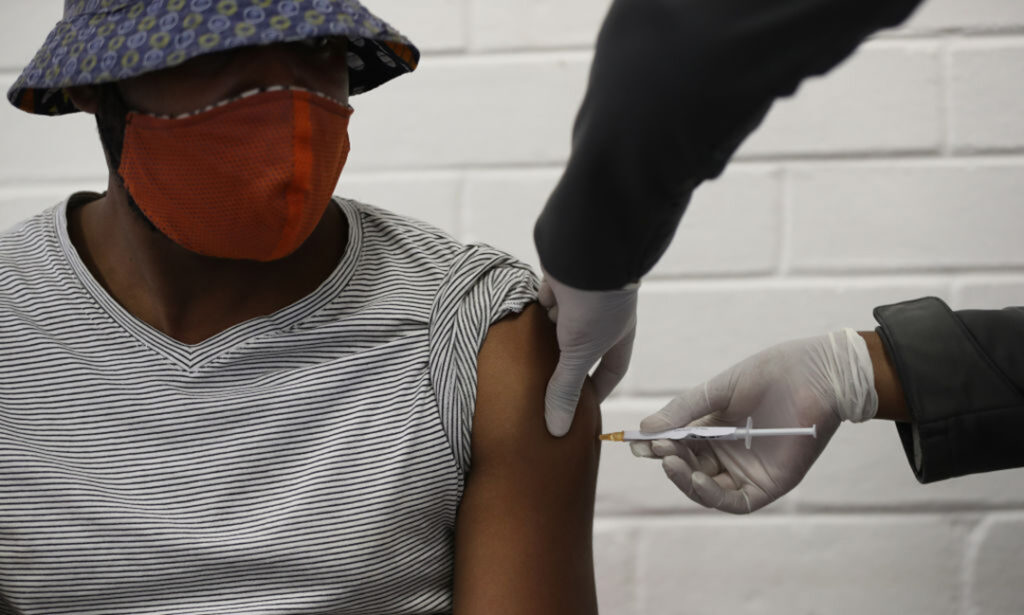ADF STAFF
As officials with the World Health Organization arrived in Wuhan, China, to trace the origins of the global COVID-19 pandemic, Chinese media ran stories that obscured the facts surrounding the outbreak and labeled Western vaccines as ineffective and dangerous.
The stories also paint an optimistic picture of China’s own vaccine, although it has not faced the same rigorous scrutiny as Western vaccines. It was found to be only 50.4% effective in Brazilian clinical trials, barely above the 50% efficacy rate required for regulatory approval.
The false stories have taken particular aim at the U.S.-produced Pfizer and Moderna vaccines, which have been found to be safe and effective after numerous trials. One story by China’s largest newspaper, The People’s Daily, falsely claimed that elderly people in Norway died as a result of the Pfizer vaccine.
The attacks have worried infectious disease experts, particularly since China plans to distribute the Pfizer vaccine to its own citizens. “The Chinese public have long memories when it comes to issues of health and safety,” Nicholas Thomas, global health governance professor at the Chinese University of Hong Kong, told Fortune. “It does not make sense for China to attack one of [the vaccines set for distribution].”
China’s messages regarding COVID-19 are spread across the globe, including Africa, via online stories and pro-China bloggers. A Chinese satellite television network also broadcasts information into 30 African nations.
“It feels like the propagandists have gone all in on Russian-style nihilistic disinformation, without understanding or just not caring about the damage it is doing,” Bill Bishop, a close China observer and author of the Sinocism newsletter, told Politico.
China’s efforts to discredit Pfizer and Moderna have provided talking points for vaccine skeptics, raising concerns that people will either refuse vaccines altogether or be persuaded to get a less-effective one.
The propaganda has intensified as worldwide confidence in China’s vaccine has diminished. Online trolls and Chinese state media have accused Western media of promoting unfavorable information about China’s vaccines. Even the Twitter account for Russia’s Sputnik V vaccine retweeted a Chinese report about “vaccine politics and [the] double standard of media coverage,” Politico reported.
Often purveyors of misinformation will manipulate video to make it appear that a person had an adverse reaction to the vaccine. One video widely circulating online claims to show a nurse dying after receiving an injection. In reality, she fainted.
“They will sensationalize anything that happens after someone gets a vaccine and attribute it to the vaccine,” Dr. Peter Hotez, an infectious diseases specialist, told CNN.
The goal of anti-vaccine propagandists is to twist or distort true events to give their claims a level of credibility, observers say. Rory Smith, an investigator at First Draft News, a nonprofit that reports on misinformation online, said these online trolls look for a “tiny grain of truth” and try to exploit it.
“This is why misinformation, specifically vaccine misinformation, can be so convincing,” Smith told CNN. “But this information is almost always taken completely out of context, creating claims that are either misleading or outright false.”

